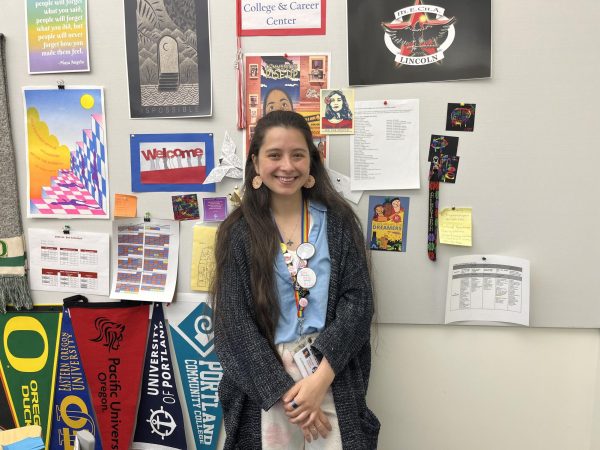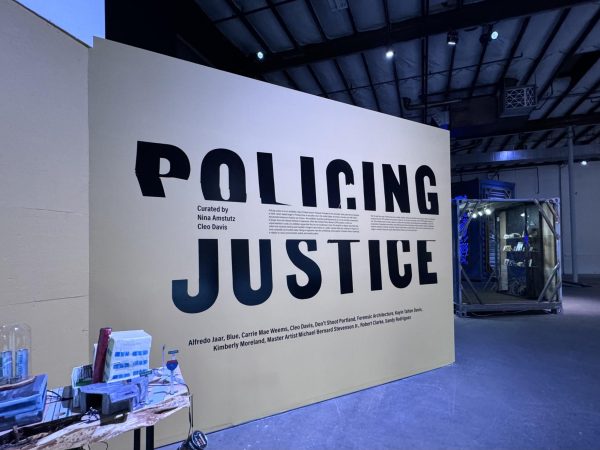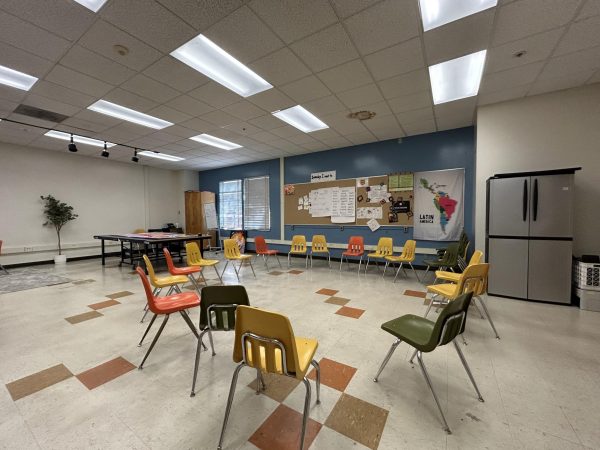Lincoln ‘mathletes’ compete at MIT
Sophomore Anders Olsen always found that math “comes naturally” to him. As a child, he did math workbooks for fun.
He and five other Lincoln students competed alongside the world’s best young mathematicians at the biannual Harvard-MIT Mathematics Tournament on Nov. 14.
The competition was “difficult, as advertised,” Olson says, but staying at the Massachusetts Institute of Technology in Cambridge was a highlight.
Other competitors agree. “It was a blast,” sophomore Cedric Wong says. “It’s a new environment and Boston is a great city.”
The competition consists of several rounds with different formats. Students answer questions individually for two rounds, a team round consists of 10 questions for the group, and finally, a “guts round.” In this format, the team answers 15 sets of three questions, and must complete one set to move on to the next.
“It was without a doubt difficult,” Wong says about the entire competition. “If I could answer half the problems, I would be in the top 15, 20 percent of the group.” However, he says, this is considered the easier of the two annual competitions at Harvard and MIT, and there are other arguably harder competitions across the country.
The competition did not feature calculus, but required a “deep understanding” of algebra, number theory, geometry, and probability, says junior Rona Wang.
“The best part of math tournaments isn’t the math itself, but getting to meet many other kids who don’t think you’re crazy for spending Saturday morning doing math,” she says.
“It was really inspiring,” sophomore Elaine Yang says. “Everyone was really hard working.”
The six Lincoln contestants have always excelled in math and competed in tournaments before, but they stressed that anyone can match their achievements in math with some hard work.
“Everyone can be talented at math, it just takes a lot of thinking,” Yang says. She compared math to sports, in that many years of learning and practice leads to success, not innate skills. Olsen called the competitors “mathletes.”
Wong agrees that the common denominator is work. “Talent is not nearly as important as hard work,” he says. “People who are better than me didn’t necessarily start with talent, they got there with hard work.”
Students can compete in the American Math Competition in February, a written test taken in the Lincoln cafeteria, Wang says.
Wong encourages anyone to compete in math, even if they think they are not good at it. “It’s time-consuming, but rewarding.”










